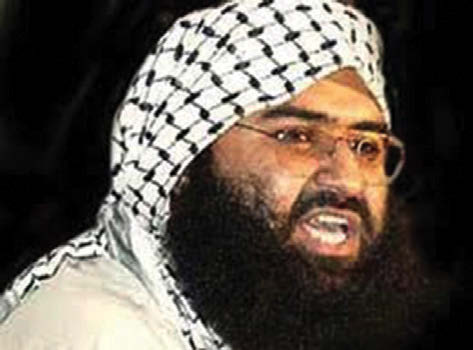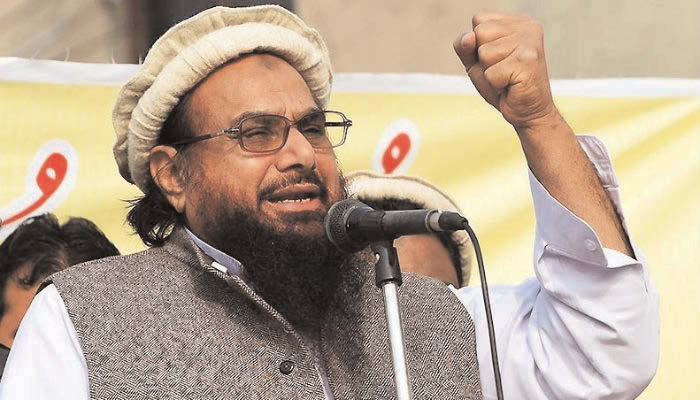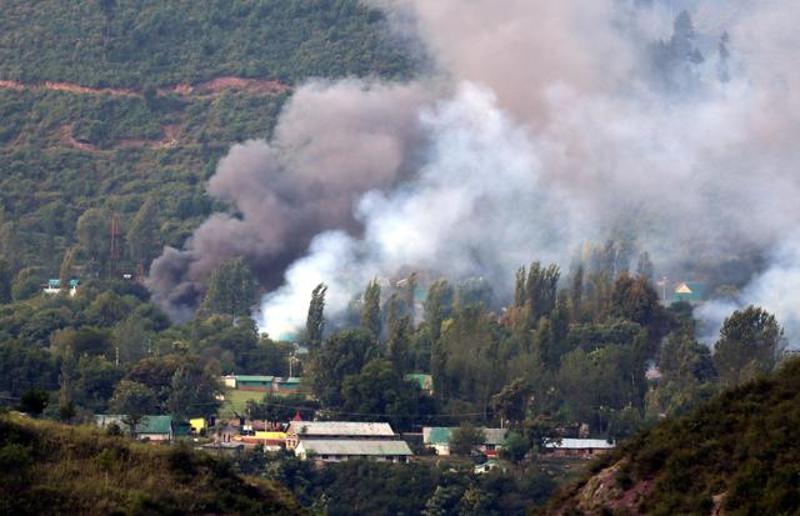
NEW DELHI (TIP): India and Pakistan agreed to re-schedule diplomatic talks between the officials slated for Jan 15 after a militant attack on the Pathankot air base.
India accused Pakistan-based group Jaish-e-Mohammad of carrying out the assault in which seven Indian troops and six militants were killed. On Wednesday, January 13, Pakistan said it had arrested several members of the group.
On Thursday, January 14, India said arrangements were being made for a meeting between foreign secretaries of both countries.
Hopes for Delhi-Islamabad detente were raised in late December after Indian Prime Minister Narendra Modi paid an unscheduled visit to his counterpart Nawaz Sharif on his way back from Afghanistan, and the two sides announced plans to resume peace talks.
The attack has set back the peace initiative. Howeverboth sides said the talks remained on the agenda.
India’s MEA spokesperson Vikas Swarup said “both foreign secretaries agreed to meet in the very near future”.
Mr. Swarup said India was happy with the steps Pakistan had taken so far to arrest some Jaish-e-Mohammad members.
“The action against members of Jaish-e-Mohammed is a positive step. We welcome the step,” he said.
His Pakistani counterpart Qazi Khalilullah said talks would not be held on Friday, January 15 and that a new date was being considered.
India has also agreed to host a team from Pakistan to investigate the Pathankot attacks.
“We look forward to the visit of Pakistan SIT [Special Investigation Team] and our investigative agencies will extend all necessary cooperation,” Swarup said.
Both Mr. Swarup and Mr. Khalilullah did not confirm the arrest of Jaish-e-Mohammad chief Maulana Masood Azhar – a key demand from India.
Although Pakistan did not name those arrested, media reports from India and Pakistan suggest Masood Azhar was among those detained.
The assault on the Pathankot air force base in Punjab, close to the Pakistan border, started on 2 January, when a group of gunmen – wearing Indian army uniforms -entered residential quarters on the air base.
The United Jihad Council – a coalition of more than a dozen militant groups fighting against Indian rule in Kashmir – claimed the attack.
The claim was met with skepticism – the UJC’s core members are not known to have mounted attacks outside Indian-administered Kashmir.
Indian security officials instead blamed Jaish-e-Mohammed, an Islamist militant group based in Pakistan.
Started by Masood Azhar, Jaish-e-Mohammed has been blamed for attacks on Indian soil in the past, including one in 2001 on parliament in Delhi which took the nuclear-armed rivals to the brink of war.
Here are five facts about the terror chief:
- Azhar was arrested in Kashmir in 1994 while traveling on a forged Portuguese passport. India freed him and two other jailed Pakistani militants in 1999 in return for 155 passengers held hostage in an Indian Airlines aircraft IC814 that was hijacked to Kandahar in Southern Afghanistan.
- After his release, Azhar set up the Jaish to fight Indian forces in Kashmir. India has long accused Pakistan’s powerful spy agency, the Inter-Services Intelligence (ISI), of close links with hardline groups like Jaish.
- Azhar was named by India as a prime suspect in the 2001 attack on the Parliament – nine people were killed as terrorists drove into the parliament complex and opened fire. The five terrorists were also shot dead. At the time, Pakistan refused to hand over Azhar to India.
- The portly cleric for some years was mostly confined to a compound in his home city of Bahawalpur in Pakistan’s Punjab province for years after that, but in 2014, Indian intelligence officers warned that his aides could try to hijack a plane. The Delhi Metro, which is used by lakhs of commuters, was also put on alert. The intelligence came as Azhar addressed a huge rally via telephone, asking supporters to
“resume jihad, or holy war, against India”. - Indian intelligence analysts have said that Pakistan’s military establishment is bringing militants like Azhar out of cold storage, with the promise of helping them fight India, while trying to stamp out the radicals they can’t control.





Be the first to comment